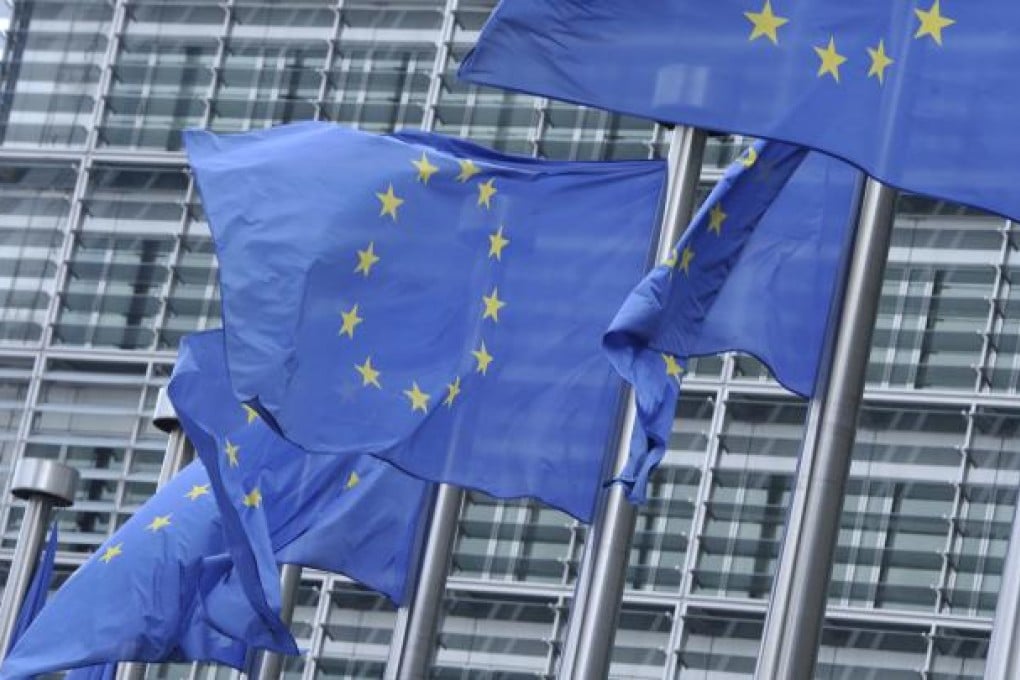
The European Union must seem a strange kind of beast to many Asians. And given their disgraceful handling of the financial crisis, especially compared to the better-off economies in the East, euro-zone politicians are not held in high esteem. Still, the Nobel Peace Prize for the EU is a reminder of what is important and inspiring about the idea of Europe.
As many have remarked, it is a little strange to hand the prize to a bloc of nations, rather than an individual, as was stipulated by Alfred Nobel. Still, as a system that has reconciled nations that fought the bloodiest wars in history, there is no question the EU is an example to the world. Short of an EU break-up, it is almost inconceivable that its member states would ever start another war against each other. And that may be its greatest legacy. True, it also does not have an effective foreign policy; and its military is useful to keep peace but no good at waging war. So it has no real hard power, and must rely on soft influences.
But that is part of what it means to give up - at least partially - what may be called the West's Westphalian legacy, on which the modern nation state is based. This legacy means states enjoy inviolable sovereignty and legal equality. Every non-Western people, group or nation fighting for independence and freedom emulated this Western political modernity, from the Chinese revolutionaries in the early part of the 20th century to Palestinian radicals fighting for statehood today. China's obsession with non-intervention stems, to a great extent, from these principles.
Today, many if not most non-Western groupings have achieved statehood and independence. In doing so, they have also assumed a terrible Westphalian legacy. An international system of independent states is in constant danger of degenerating into a Hobbesian state of war. It was out of this terrible state after the second world war that the architects of the EU conceived a postmodern system in which members would give up some sovereignty in exchange for greater trade, freedom and prosperity.
Much has been said about this century being the Asian century. But that will only come about when it is as inconceivable for Asian nations to wage wars against one another as it is for their European counterparts today.

